Articles

Scott G: Equal Exchange Advocate Extraordinaire
Sometimes there is a faith-based advocate for Equal Exchange who works outside of the direct church or synagogue environment. This is the case of Scott G. who sells products to assist small farmers out of his office.

Encourage a Switch to Equal Exchange
You believe in paying fair prices to the farmers who produce your food. You support organic agriculture and sustainability. You want to contribute to an independent and transparent food system, but how do you get others to understand the issues and take action towards food justice?
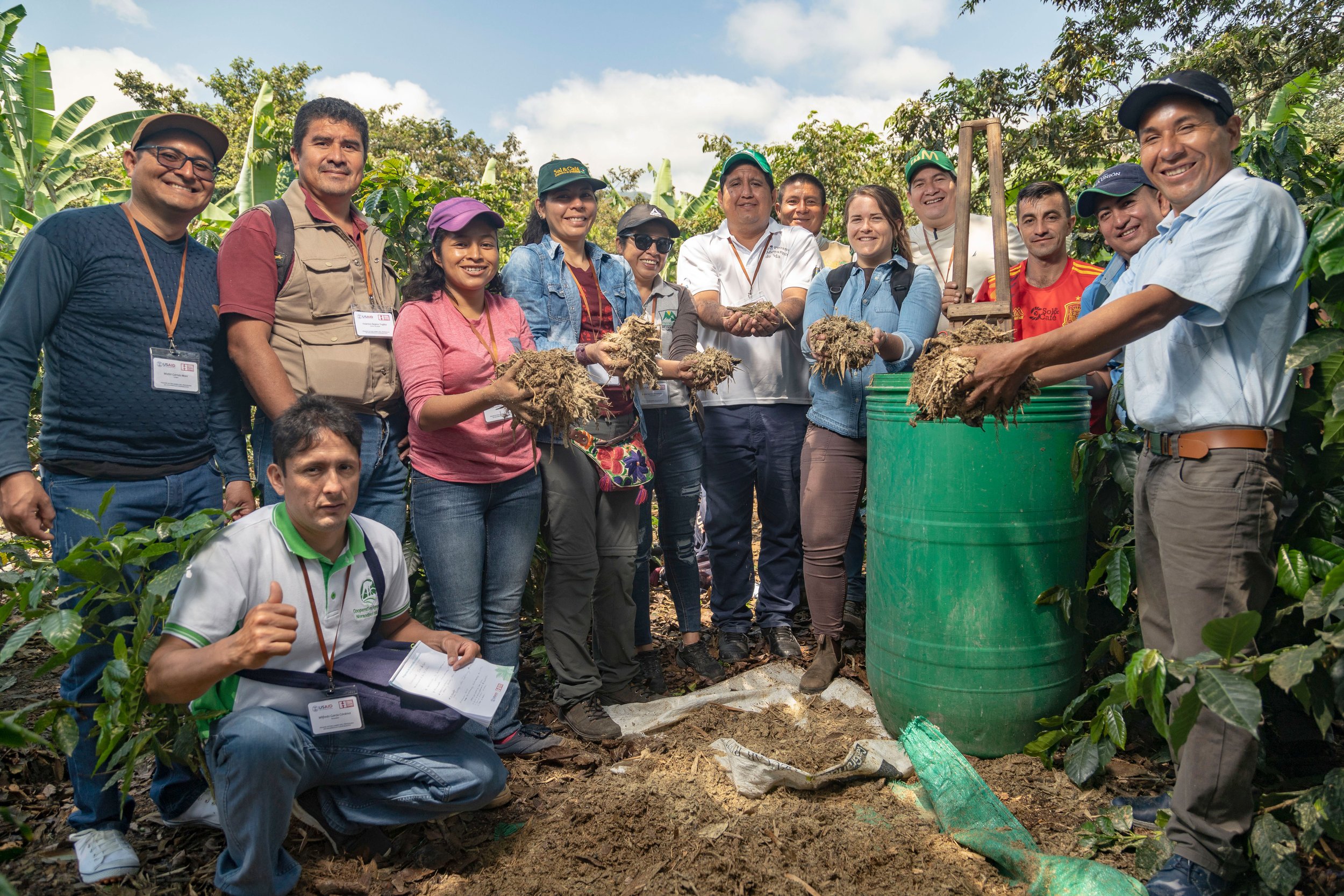
USAID Cooperative Development Program
Equal Exchange began this project in 2010 with the goal of strengthening its supply chain partners and engaging with them in new and innovative ways, focusing on cooperative improvements in productivity levels, quality and capitalization through member education and equity.
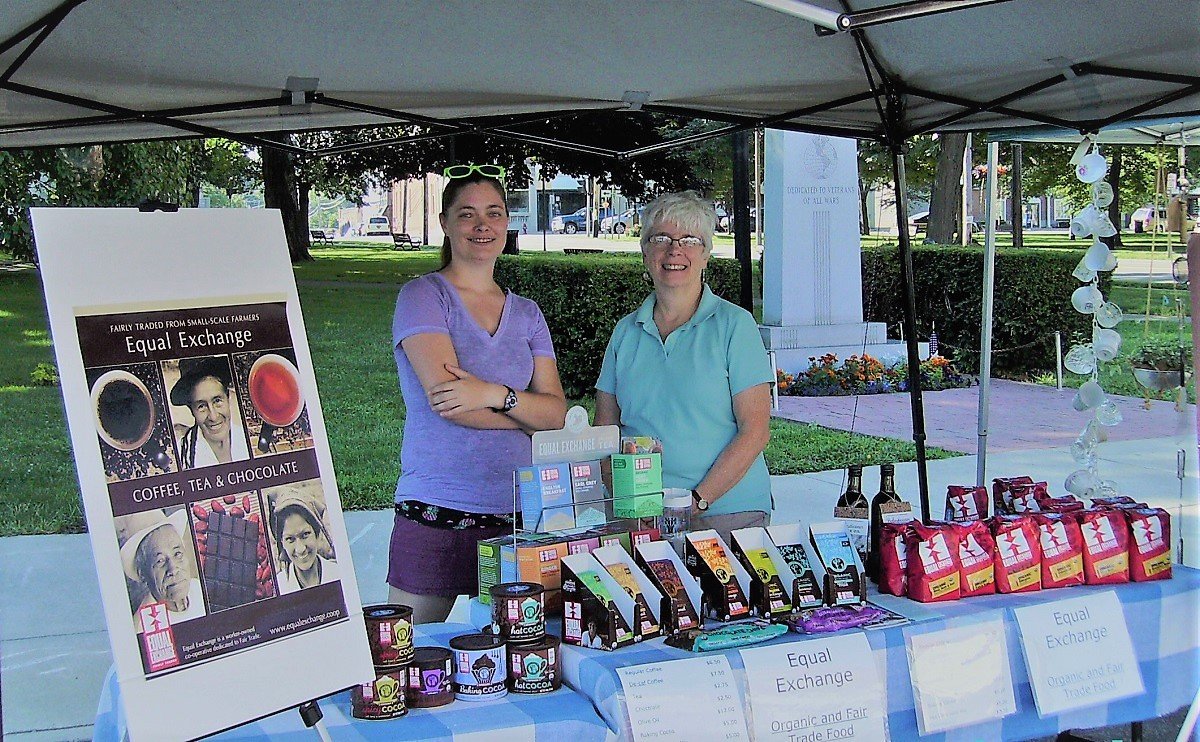
Equal Exchange Belongs at the Farmers Market
It happened at a planning session for our church mission program. We had recently established a food justice program and wanted to expand it. “How could we better serve our community?” we asked ourselves. And one of our church leaders said, “Why don’t we sell our fair trade food at the local farmers market?”
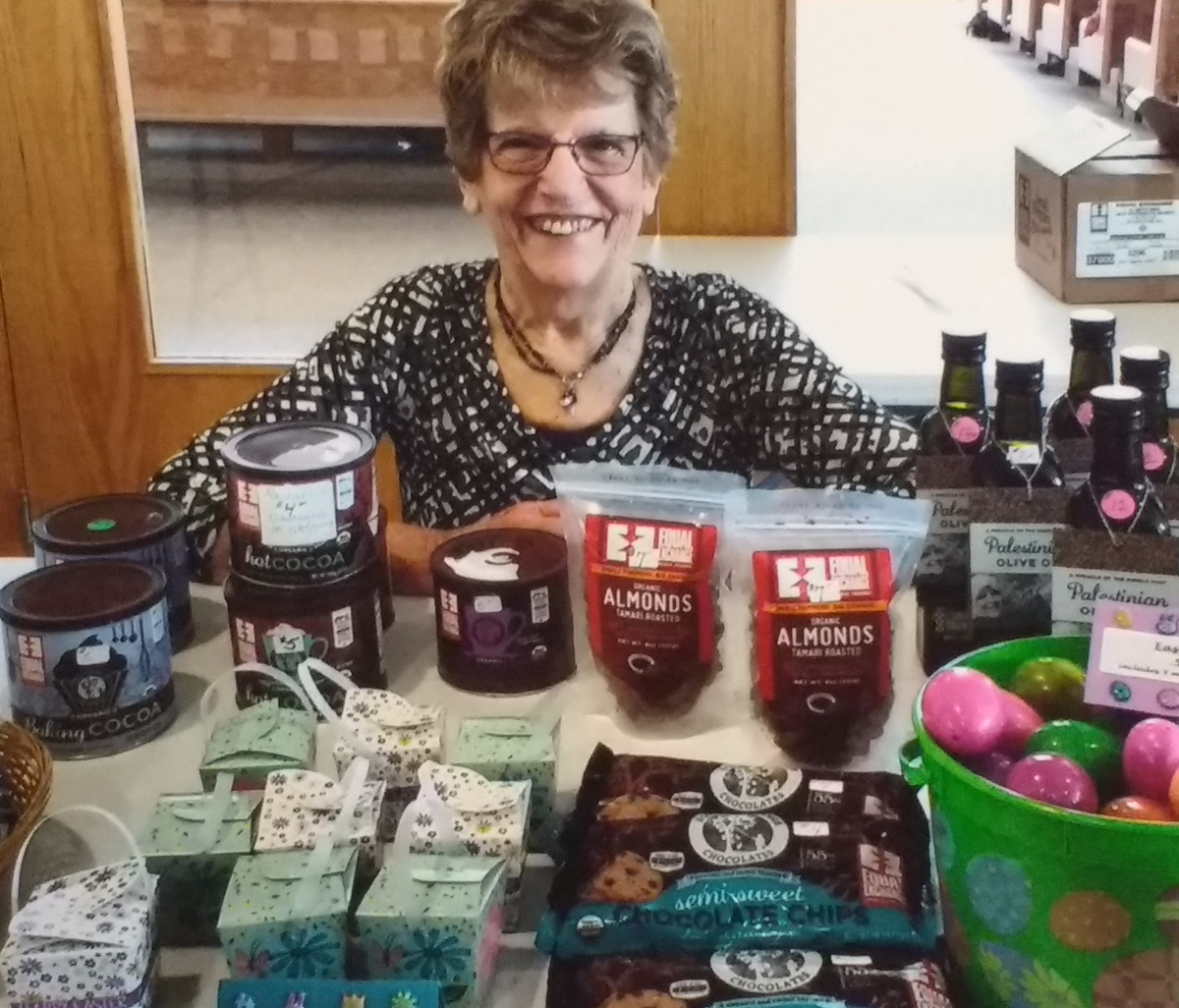
Extraordinary Coordinators at Monona UMC
This past year, during the pandemic, the Monona United Methodist Church in Wisconsin, had its best sales ever. The church sold $9,000 of Equal Exchange products, $2,000 above the previous year. This was in spite of no group gatherings and virtual church services.
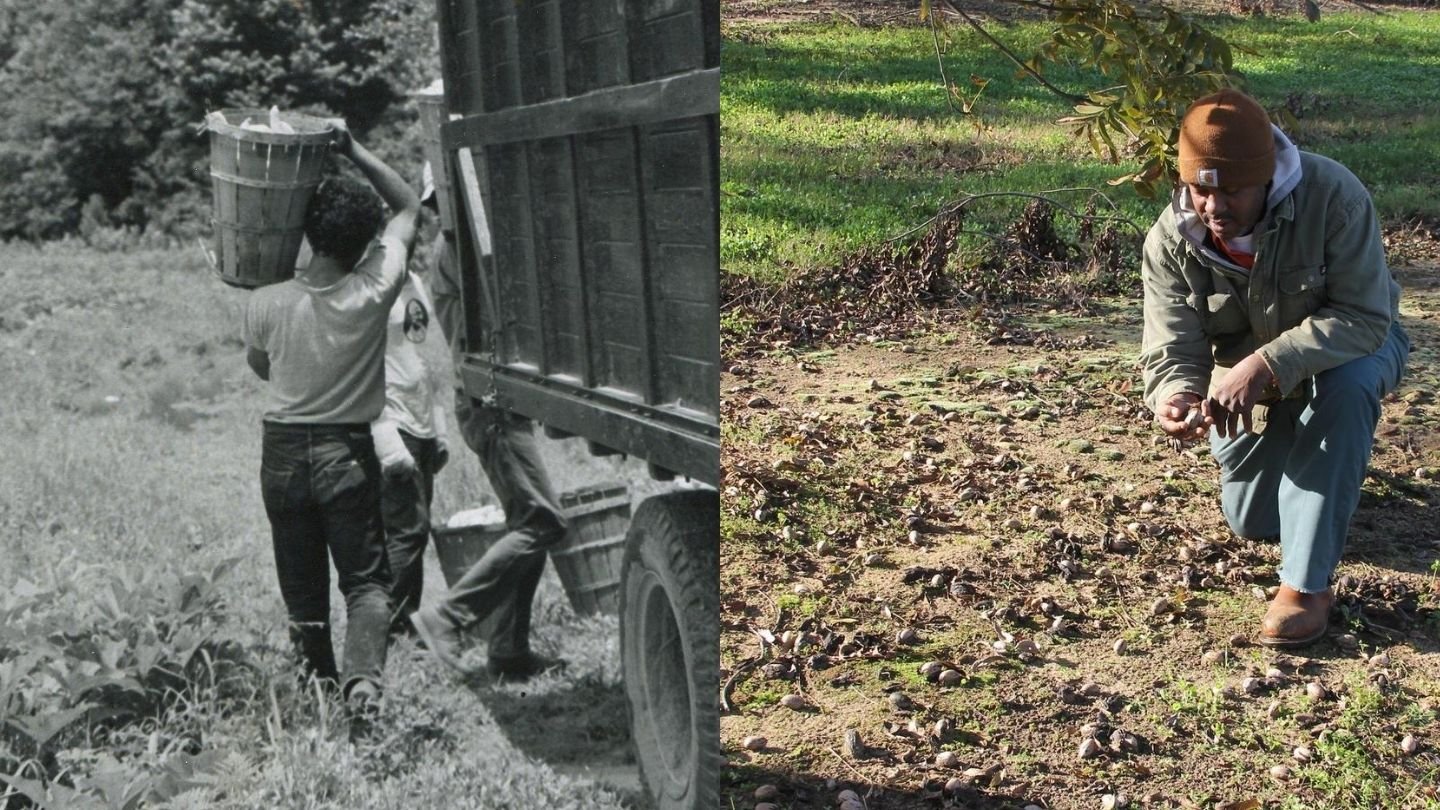
Learn the Story of the Black Farmers Who Grow Equal Exchange Pecans
When you own the land you farm, you decide what to plant, when to harvest, and which maintenance methods to use. More importantly, you’re the one who controls your own livelihood. For Black farmers in the United States, land ownership is tied to freedom. But systematic racial discrimination has pushed many out of agriculture.
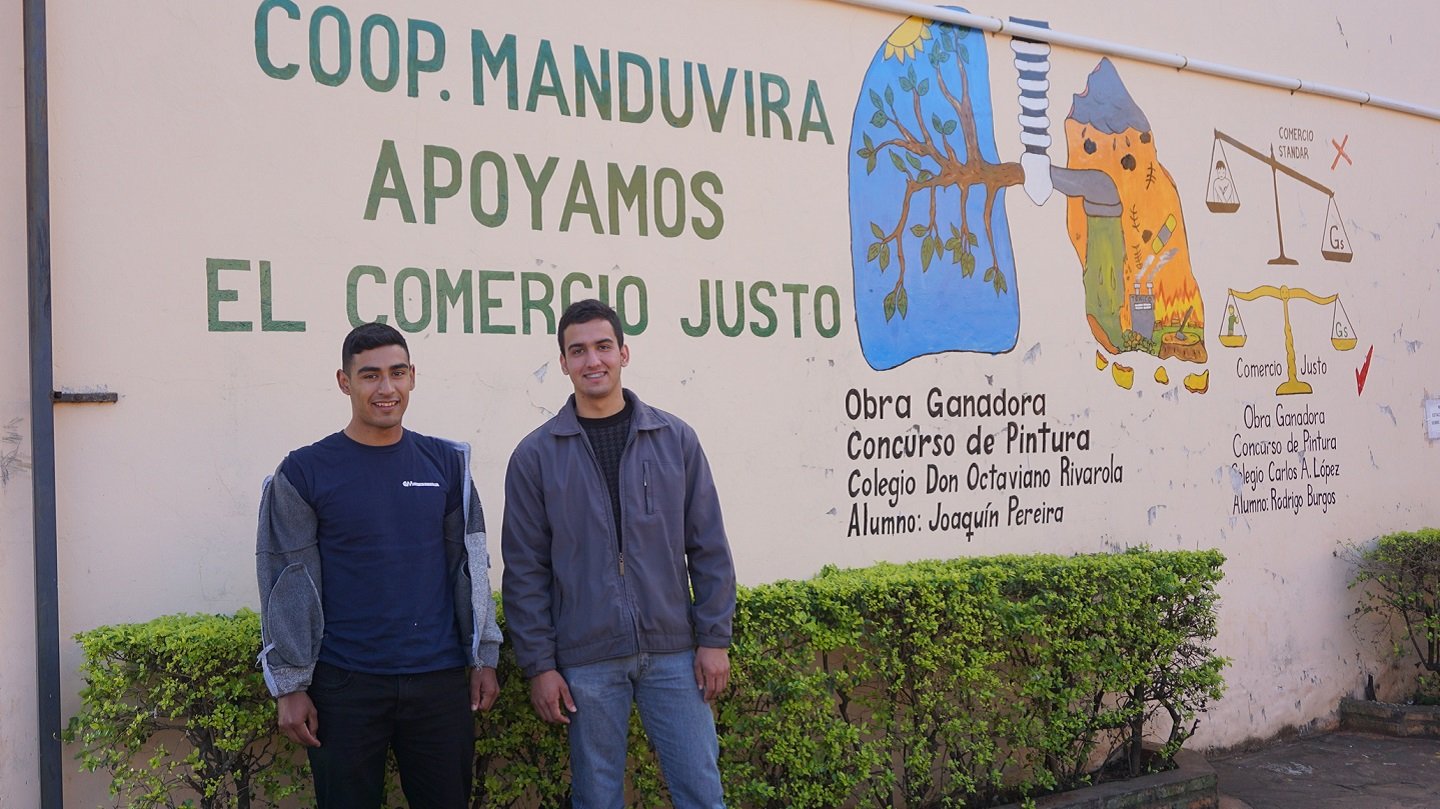
Interview: Supporting Youth in Agriculture at Manduvira Cooperative
Manduvira Cooperative in Paraguay is world-renowned for being the first sugar mill owned and run by an agricultural cooperative. In addition to the co-op’s pressing worries about climate change, Manduvira also faces the challenge of an aging farming population. The cooperative is making a concerted effort to include youth in their work to come up with climate change mitigation strategies.
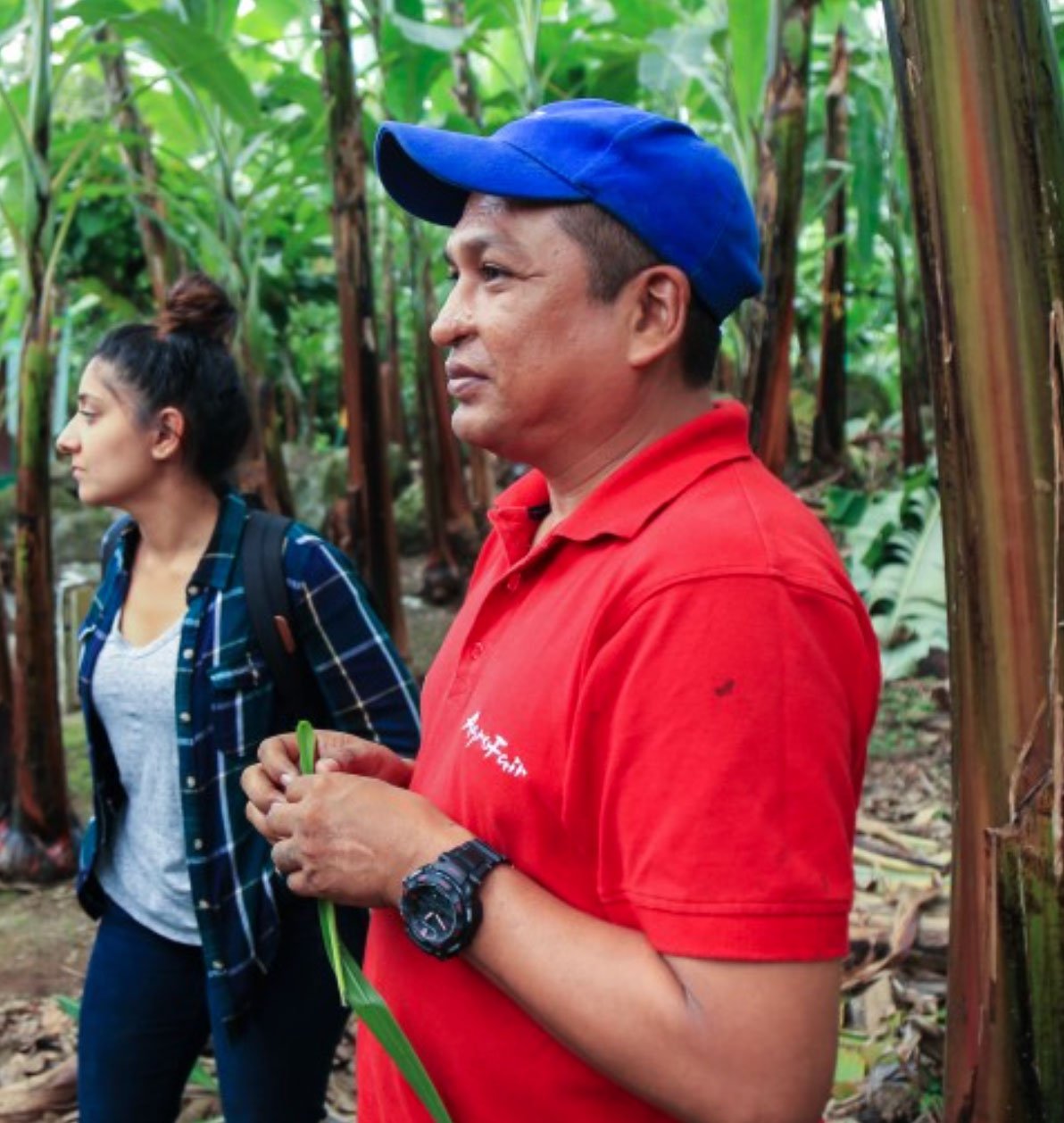
Leaders in Sustainable Agriculture
It’s not a secret: due to human activity – particularly the activity of the most privileged – the Earth is in crisis. We are sharing three stories that uplift the work of those on the frontlines of healing the environment while feeding people, the producers who have spent their lives working towards sustainable agriculture.
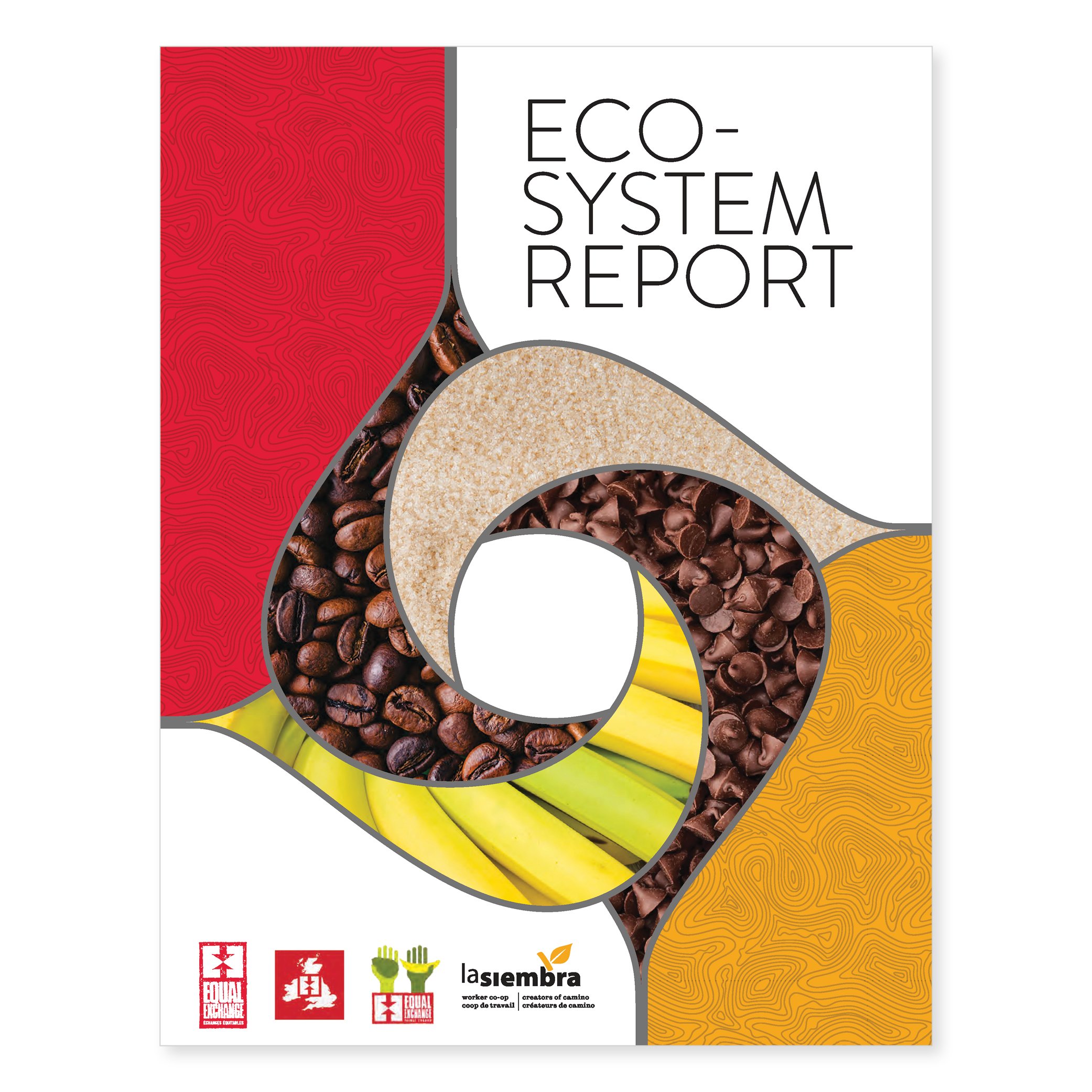
Annual Report Collection
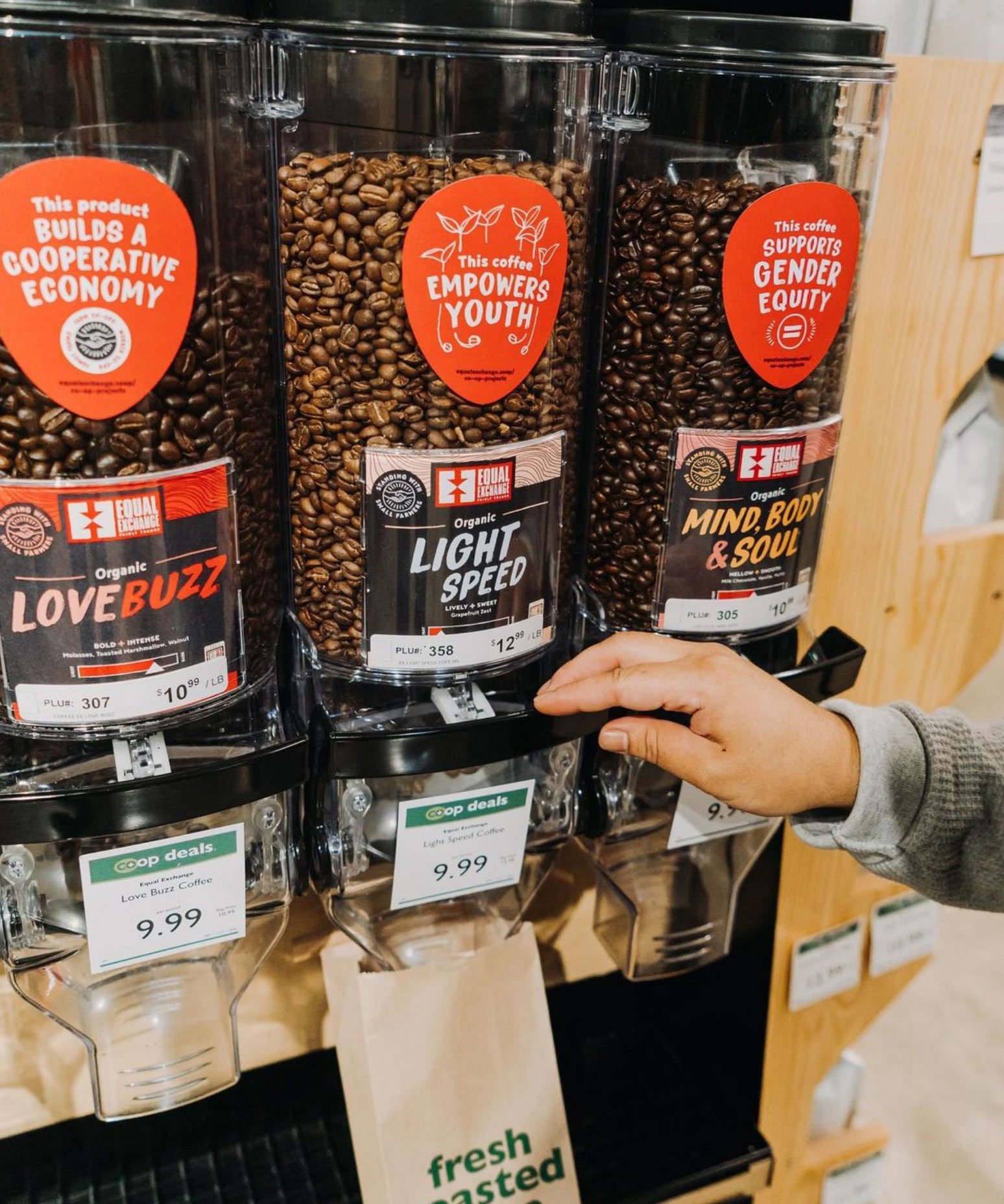
Co-op Projects and the Cooperative Economy
At the heart of Equal Exchange is the mission to build and strengthen a cooperative economy. Cooperative structures build equality by increasing ownership, control and equity in the exchange of value.
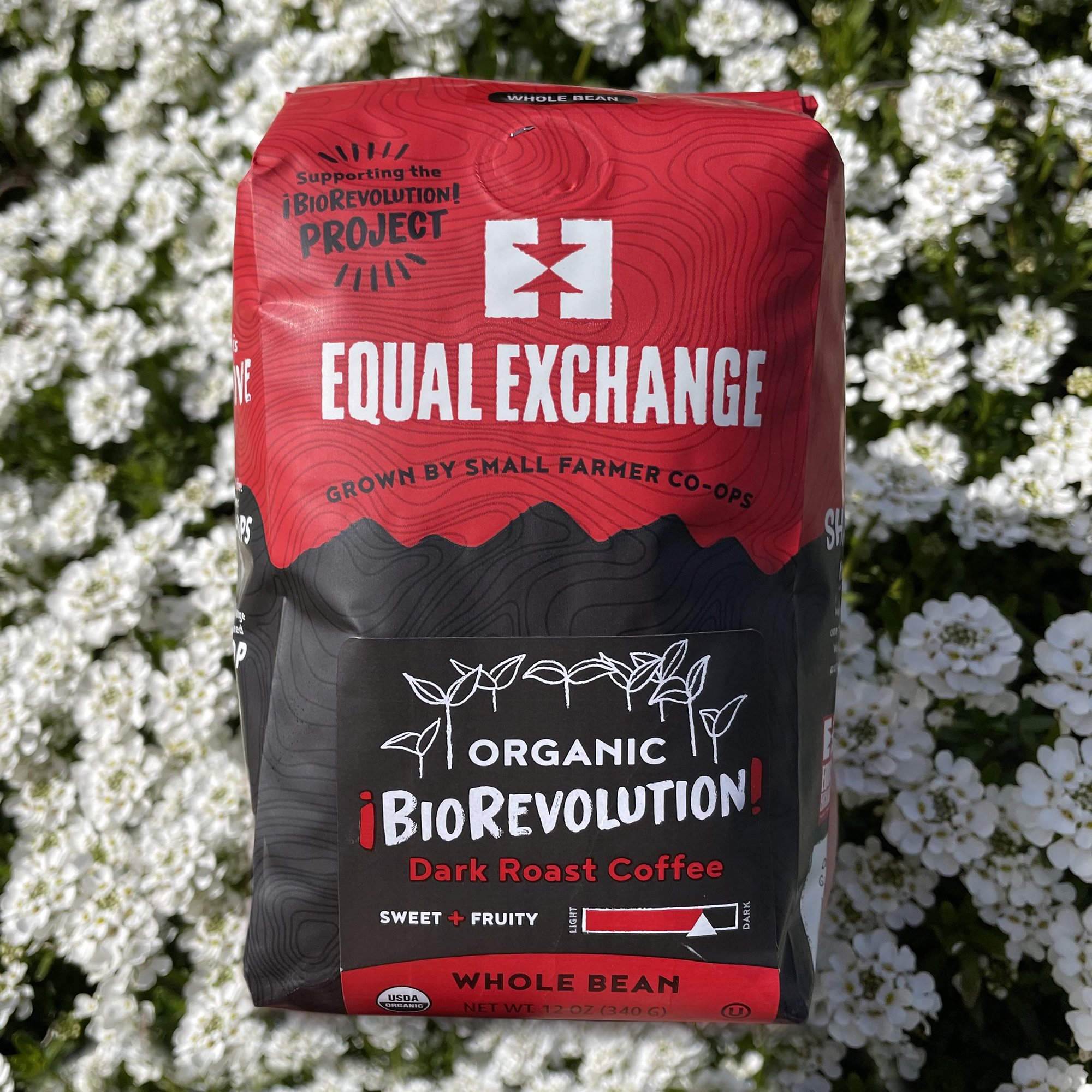
The ¡BioRevolution! Project
An exciting exclusive program in partnership with food co-ops across the country. 50¢ per pound sold goes to innovative agriculture projects.
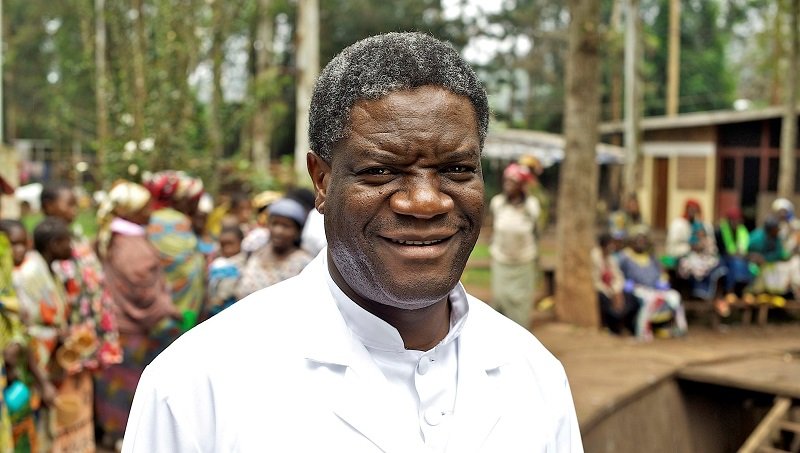
A Call for Justice in the DRC
In 2019, Dr. Denis Mukwege won the Nobel Peace Prize for his work with survivors of sexual assault in the Democratic Republic of Congo. He’s a powerful voice for accountability and justice to help his country move forward from decades of conflict.
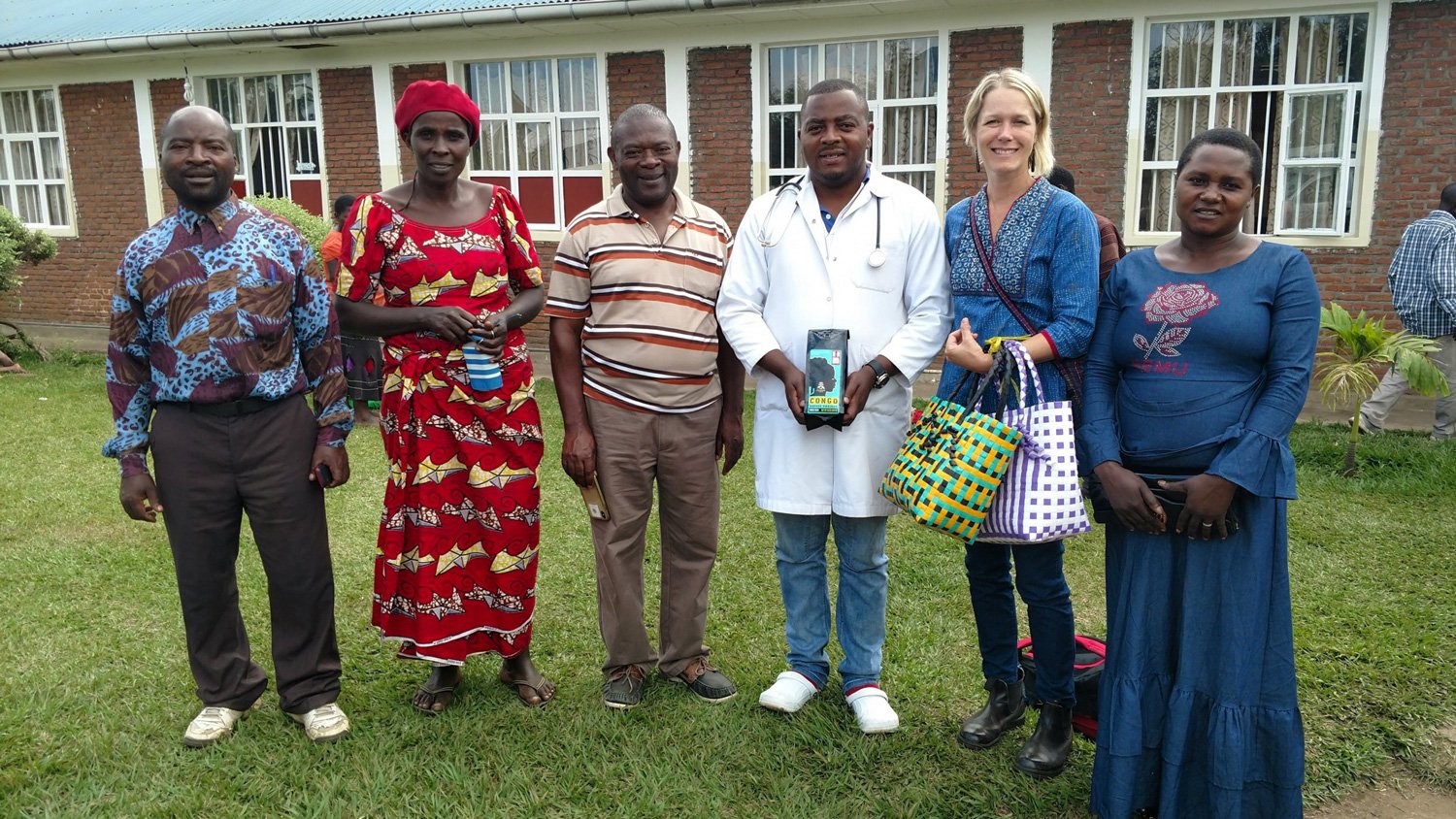
Congo Coffee Project
From the time of colonization on, the Democratic Republic of Congo has been shaken by conflict. In 2011, Equal Exchange founded the Congo Coffee Project with the Panzi Foundation as a means to bring Congolese coffee to market in the United States while offering healing for survivors and raising awareness about the alarming rate of violence.
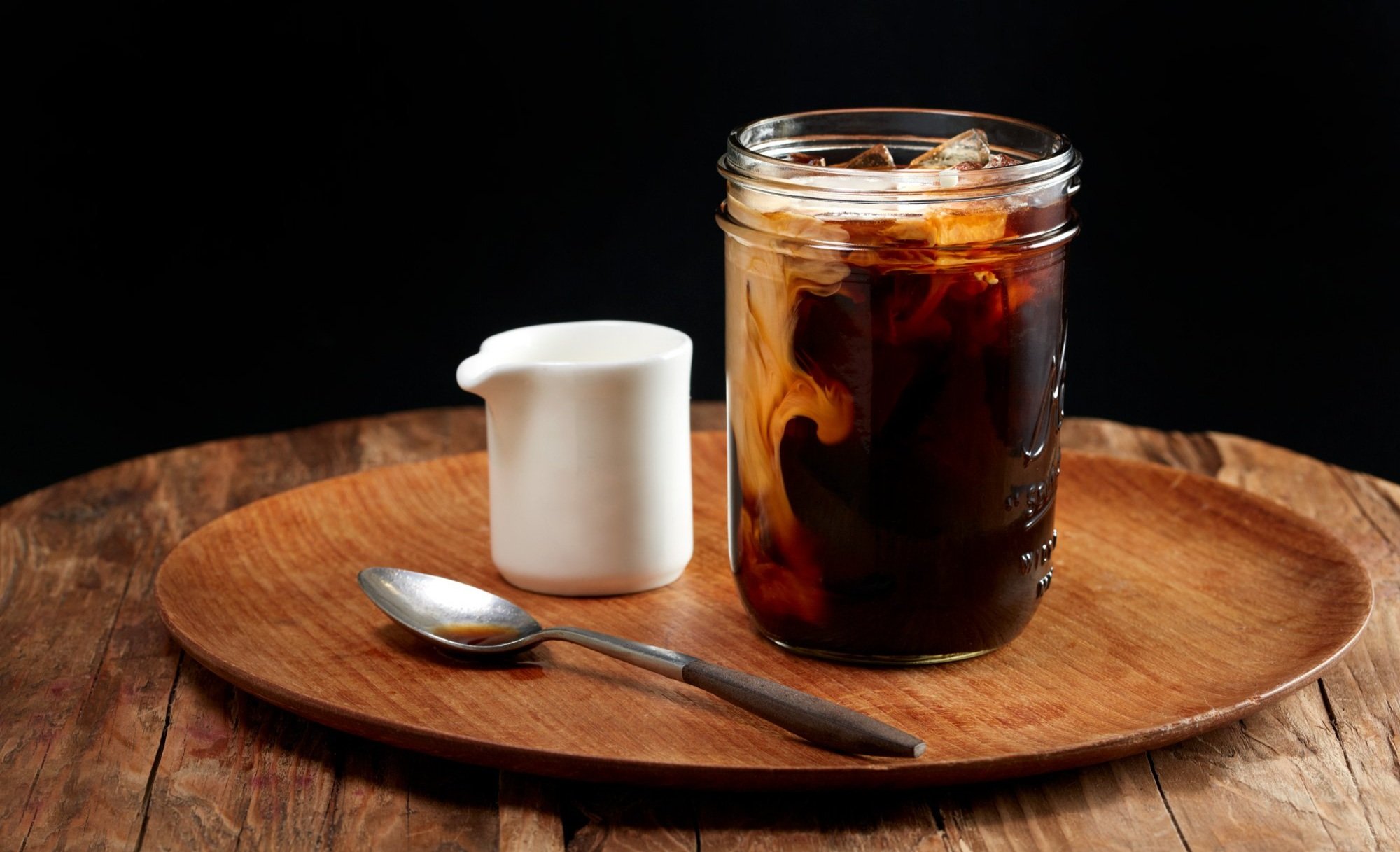
How to Brew Toddy
Our favorite method: the Toddy™ cold brew method. It is called a 'cold brew' because it does exactly that; you combine coarsely ground coffee with cool water and allow it to steep for 12-24 hours. This long, slow soak creates a thick coffee concentrate with seriously sweet chocolate and malty flavors that we love!
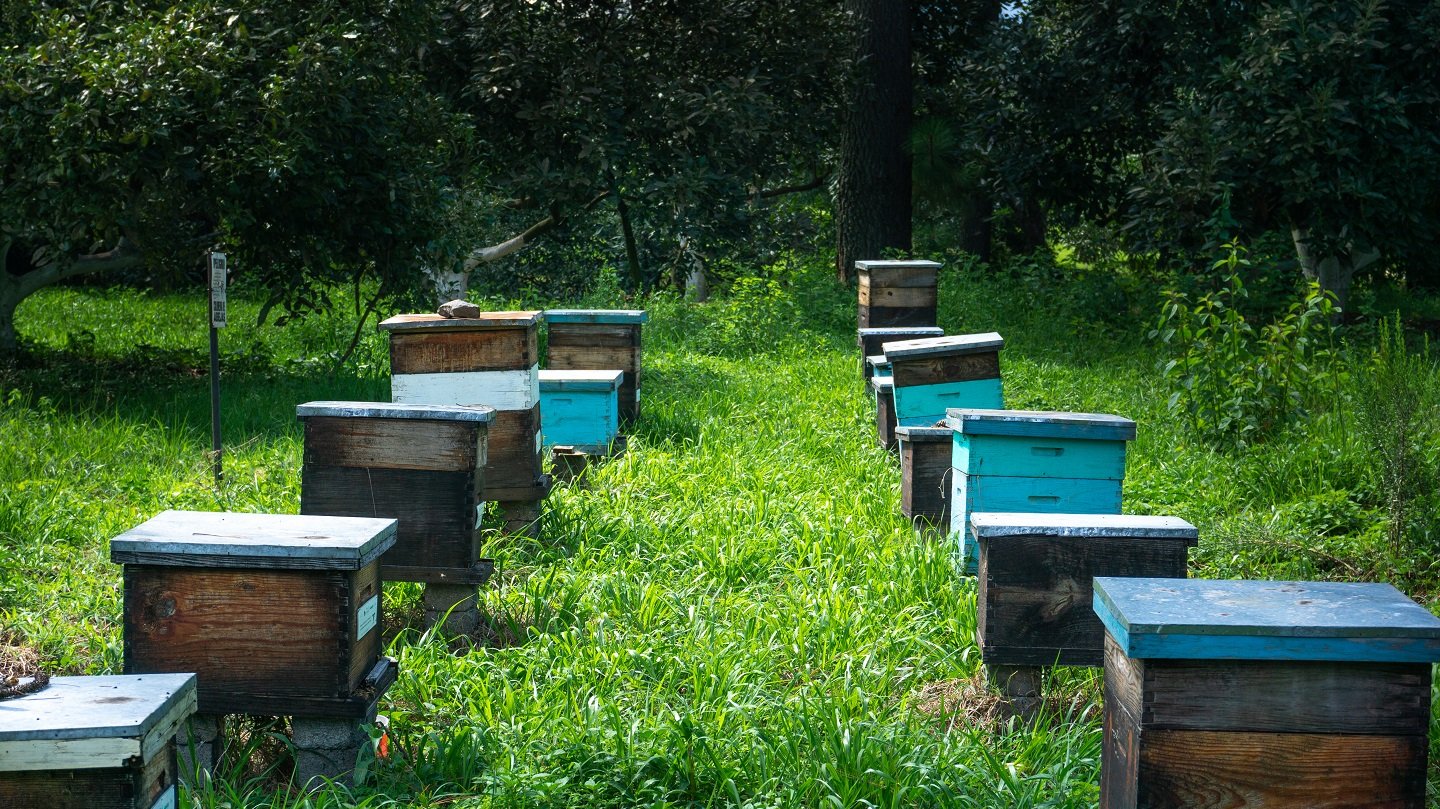
Funding Sustainable Futures Through Beekeeping
Las Mujeres Polinizadoras de Tingambato, a women’s apiculturist cooperative that was established by Equal Exchange’s partner cooperative, PROFOSMI. The initiative seeks to offer entrepreneurial skills to economically disadvantaged women through beekeeping.
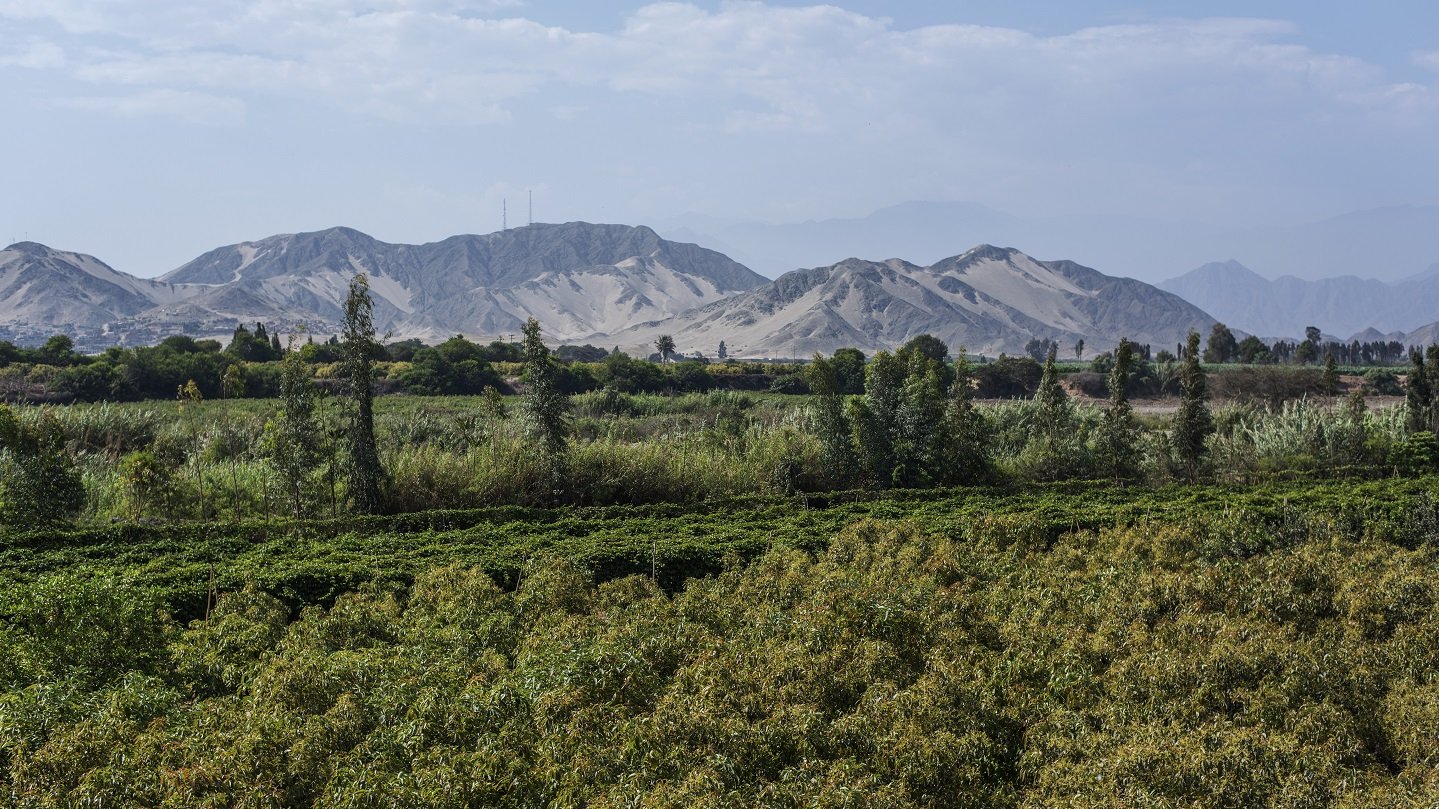
COVID-19 and Peruvian Avocados: Growing Together Through Hardships
In this update from Eunice Jijon Jarquin and Alyssa Melendez, learn about Equal Exchange’s fair trade avocado partnership with La Grama in Peru, and how co-op farmers are adapting to the challenges of an ongoing global pandemic.
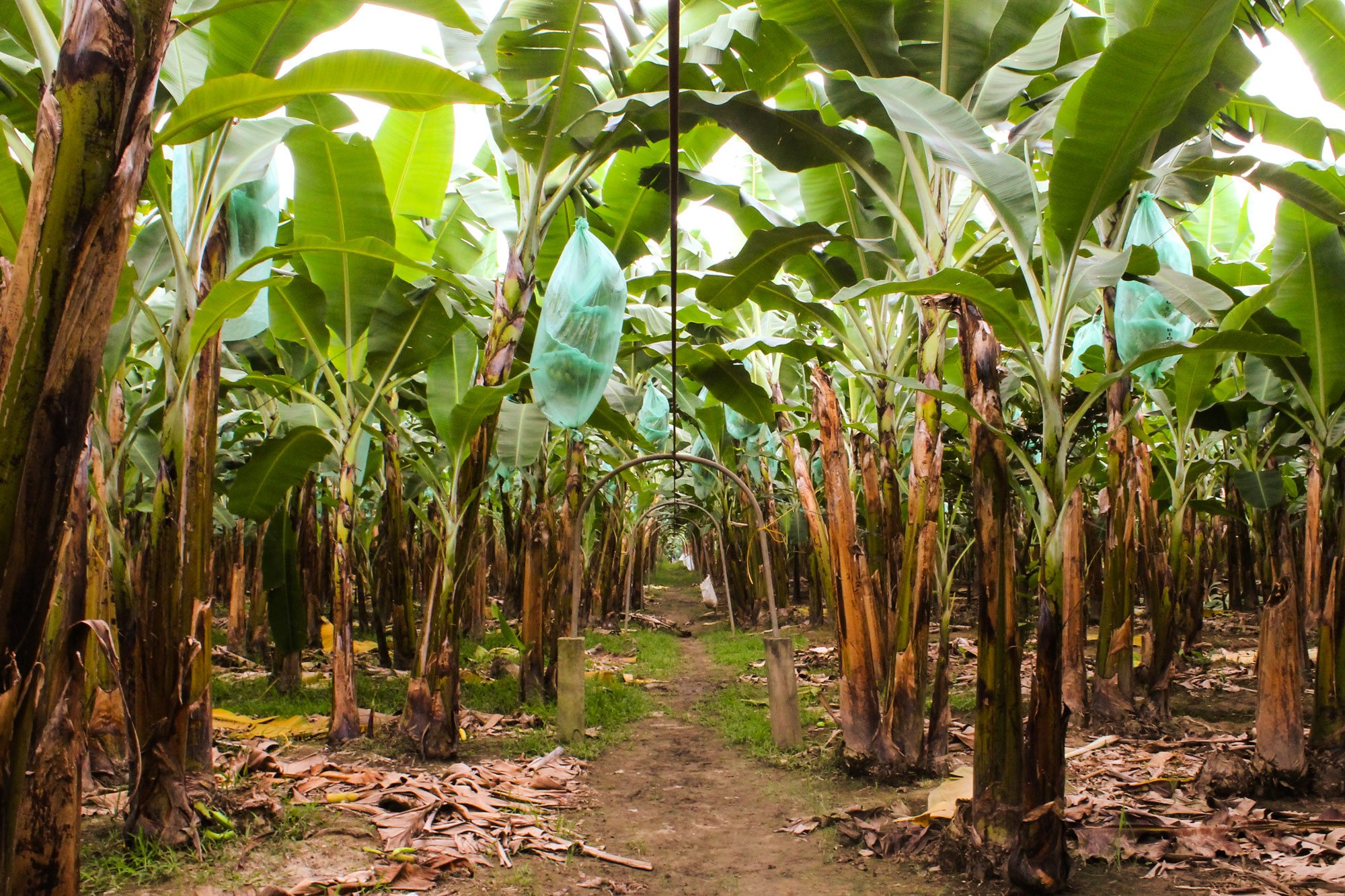
Cooperative Bananas, in Dollars and Cents
When you purchase a conventional banana at a grocery store, there are certain costs that your everyday low price covers: the fruit itself; the international shipping costs; the trucking from the warehouse to the grocery stores. These costs are internalized, meaning they’re accounted for in the final price you pay. But there are hidden costs to banana production that you won’t pay a cent for at the cash register.
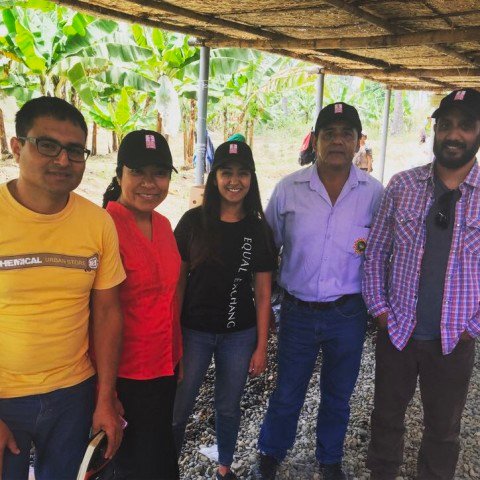
Unconventional Bananas in Peru: Interview with Julio Oscar Gallegos Herrera-Rambla
Equal Exchange works with a movement of independent businesses–farmer co-ops, distributors, stores–to create a banana supply chain that is unconventional at every step. In a sensitive industry, we look to the farmer organizations revolutionizing the banana trade to envision a future in which the industry represents and benefits all stakeholders.
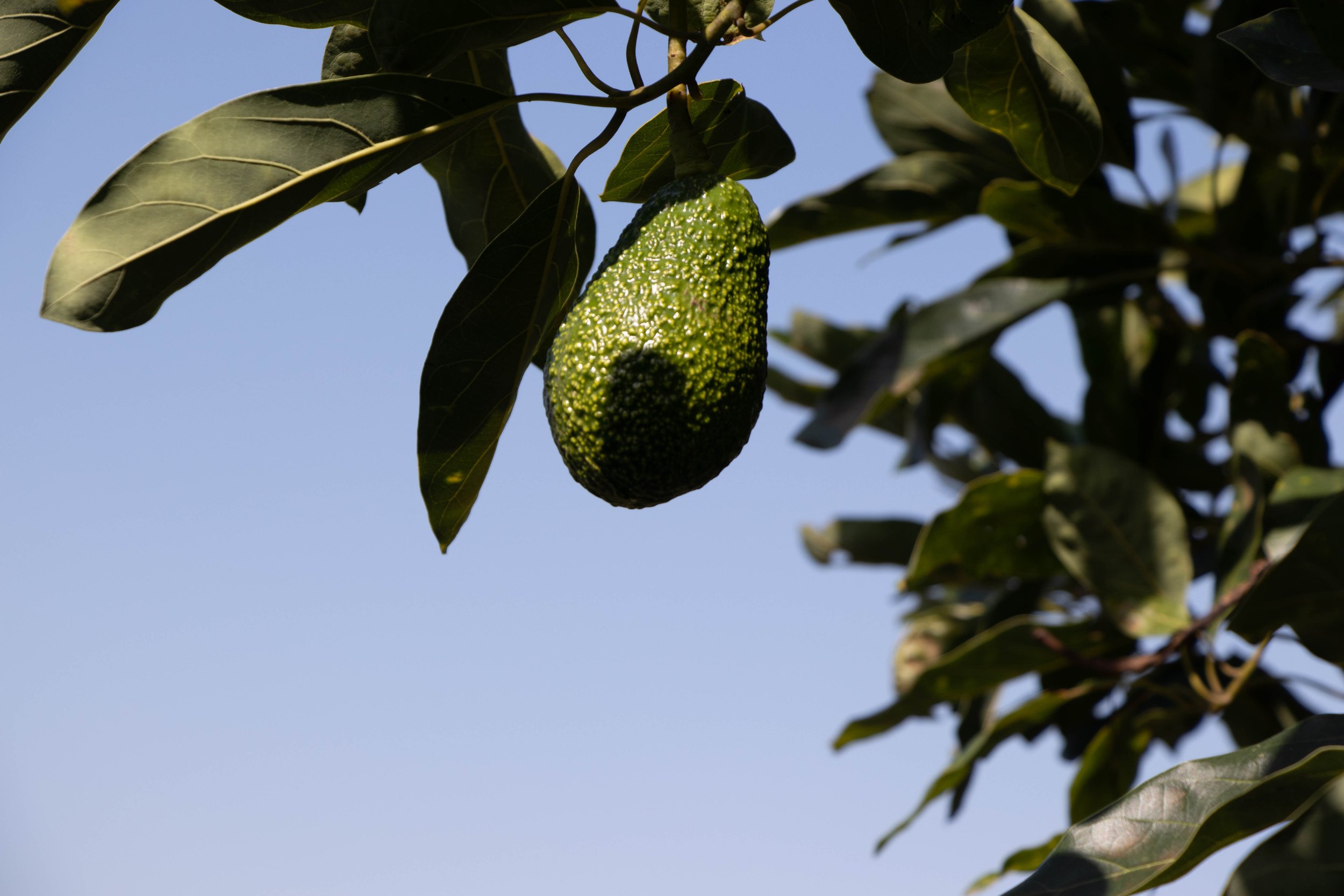
Why Peruvian Avocados Matter
If you’re a U.S. consumer, 8 out of 10 times your avocado will come from Michoacán, Mexico. There are various reasons for this Mexican dominance of the U.S. avocado market, like geographic proximity. However, as consumer demand has continued to boom, it has become clear that other origins are needed to provide a stable and reliable year-round supply for consumers.
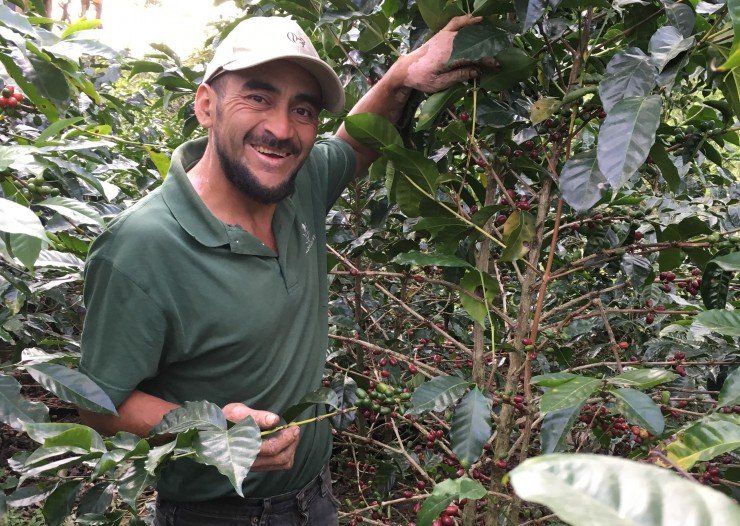
RSF Social Finance Fair Trade Capital Collaborative
The purpose of this project is to directly address two of the largest challenges within the fair trade coffee supply chain: coffee leaf rust and climate change.

